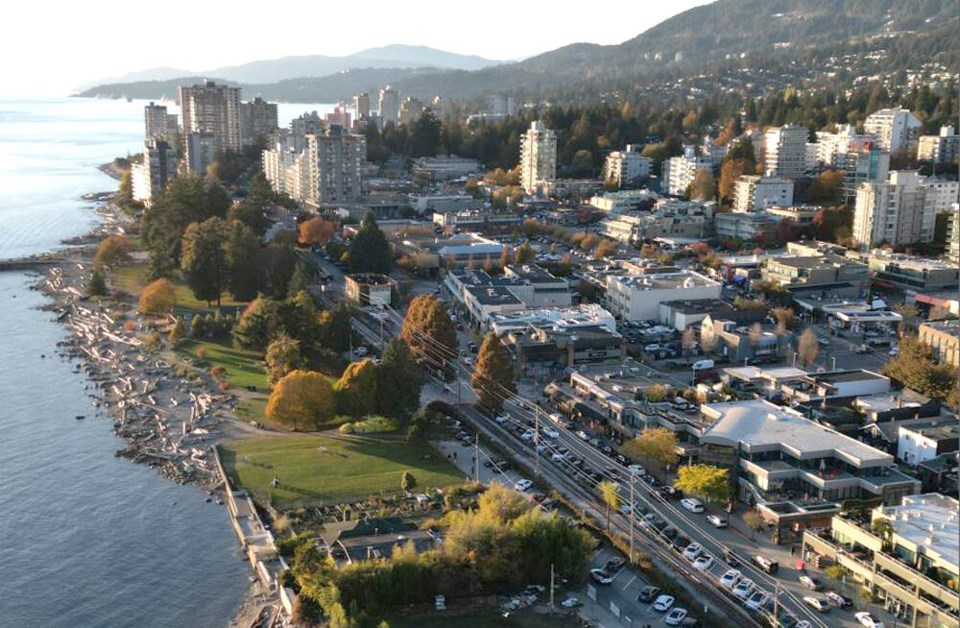Prune they did, and prudently, too.
In a year many newly elected municipal councils in British Columbia seem oblivious to the lingering and disquieting economic conditions, West Vancouver’s chose a much more considered path to the dilemma of property tax increases in 2023.
At the risk of seeming soft and breaching a columnist’s job definition of curmudgeonly critique: Not every year needs a tight rein on public finances, but with many households and businesses exercising restraint, this one does.
While taxpayers in Vancouver and Surrey are wondering what happened to the fiscal caution they thought they voted for in October, and while senior government spending is on a long-term weight-gain program, West Vancouver council is opting in its first budget, with some risk, to minimize its additional pull on the pocketbook.
Its decision Monday to raise property taxes 4.14 per cent, rather than the original 6.07 per cent suggested by staff, signals clearly council’s conservative fiscal bent and intention to focus on fiscal stewardship. For the time being, this doesn’t seem wrong.
Councils in other parts of the Lower Mainland are mainly trying to fulfill expansionary campaign promises (praying that voters remember the results but don’t remember the bills in three years) and reconstitute depleted pandemic-era capital investment in infrastructure. This one resisted the former and focused a bit more on the latter.
More than half of the operating levy increase was rolled back from the first proposal (2.14 per cent, not 4.57 per cent), including a notable walk-away from a plan for 14 new jobs arising from staff recommendations. Meantime, the proposed asset levy increase was doubled to two per cent, mainly to deal with deferred maintenance and lagging capital investment; it still isn’t enough, but it will have to suffice for at least a year.
There is much momentum this year in municipalities in fully restoring community services to pre-pandemic heights, in part to stimulate revenue. Truth be told, a more serious concern involves West Vancouver’s public assets and how they are deserving of serious attention.
Yes, council couldn’t flat-line the budget, as Coun. Linda Watt seemed to wish at the Monday meeting. It is still an overall increase, inside the inflation rate – and quite a chunk of it will come in increases to labour costs, contractual obligations and inflation, estimated to be larger than even expected in January and mainly out of its agency to control at the moment.
Rather than expansion, it opted to restore some programs and deal a bit more than anticipated at first with the logjam of deferred maintenance of capital during the pandemic. The council’s finance and audit committee, where most councils get into the weeds and sometimes down the rabbit hole, was dealt a second batch of budget proposals from staff at a late February meeting but delivered one of its own that was ultimately rubber-stamped Monday.
An important side-issue was how council froze the environmental levy for the year, on the grounds that a larger climate action strategy is needed before committing additional funds. (Mayor Mark Sager blurted out something at the end of the council meeting he might rue that $1 million of the new $8 million provincial grant for recreation and sport resources could be assigned to environmental measures.)
If there is a troubling issue flying below the radar, it’s the year-after-year shortfall in what are year-after-year arguments for “optimal” capital investment in our infrastructure – roads, facilities, parks and trails.
This procrastination to properly finance infrastructure to avoid asset failures might have been understandable in the pandemic, but it has proven to be a chronic and not episodic challenge. In the nine years of the asset levy, the shortfall in “optimal investment” has been about $35 million; in such a small community, that’s a troubling total.
This is not the glitziest issue. Successive councils have found it politically safe to kick the can down the road; this one is giving the can just a light tap along.
What’s clear is that development under this council will not be prolific – it was reminded repeatedly of its campaign promises about this at a public hearing that preceded Monday’s budget discussion – so the tax base will not broaden. Council will eventually face the need to diversify the source of funds, somewhere.
Kirk LaPointe is publisher and executive editor of BIV as well as vice-president, editorial, Glacier Media Group, the North Shore News’ parent company. He is also a West Vancouverite.
Kirk LaPointe is publisher and executive editor of BIV as well as vice-president, editorial, Glacier Media Group, the North Shore News’ parent company. He is also a West Vancouverite.




